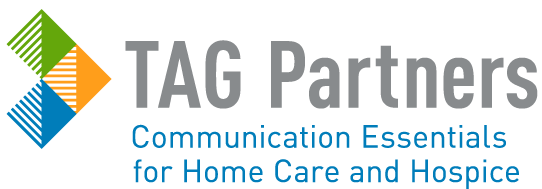According to the AIDS Institute, about half of those living with HIV infections (the virus that causes AIDS) in the United States are age 50 or older. Additionally, 1 in 6 new diagnoses of the disease in the U.S. is in people age 50 or older.
Although the fear and stigma surrounding AIDS is vastly less than when the disease emerged in the 1980s, it is still a serious and potentially deadly condition.
October is National AIDS Awareness Month. Help raise awareness of HIV and AIDS and how you’re helping those who have been diagnosed with the disease.
- Include an article about HIV and AIDS in your next company newsletter and be sure to encourage your readers to be tested for the disease.
- Partner with other health care providers in your community to offer free HIV tests throughout the month.
- Make an effort to spread the message about HIV and AIDS awareness to the seniors in your community. This group often doesn’t discuss safe sex and other precautions to avoid contracting the disease. Since pregnancy no longer is a concern for sexually active seniors, they often forego contraception and leave themselves open to contracting HIV or another sexually transmitted infection. Additionally, studies show that older adults know less about the disease than younger people and may not know how it spreads. Visit the AIDS Institute’s website for National HIV/AIDS and Aging Awareness. Print out fact sheets or brochures about the HIV and aging and have discussions about this important topic in senior centers, ALFs and ILFs in your community. The site even has a PowerPoint presentation you can use for inspiration or as a starting point for your discussion.
- Visit with your local infectious disease specialists and discuss the benefits that hospice or home health can have for their patients with AIDS, including reduced rehospitalizations and increased adherence to difficult treatment regimens. Stock their waiting rooms with disease-specific flyers personalized to your agency.
- Visit the HIV/AIDS section of the National Prevention Information Network’s website. Be sure to check out the Materials page for informative pieces on topics such as Medicare and HIV/AIDS.
- Visit the website www.ageisnotacondom.com and check out their toolkit for educating adults over 50 about the risk of AIDS and HIV.
- Contact your local HIV/AIDS awareness organization and offer to speak to its members about coping with the illness and how your services can help.


